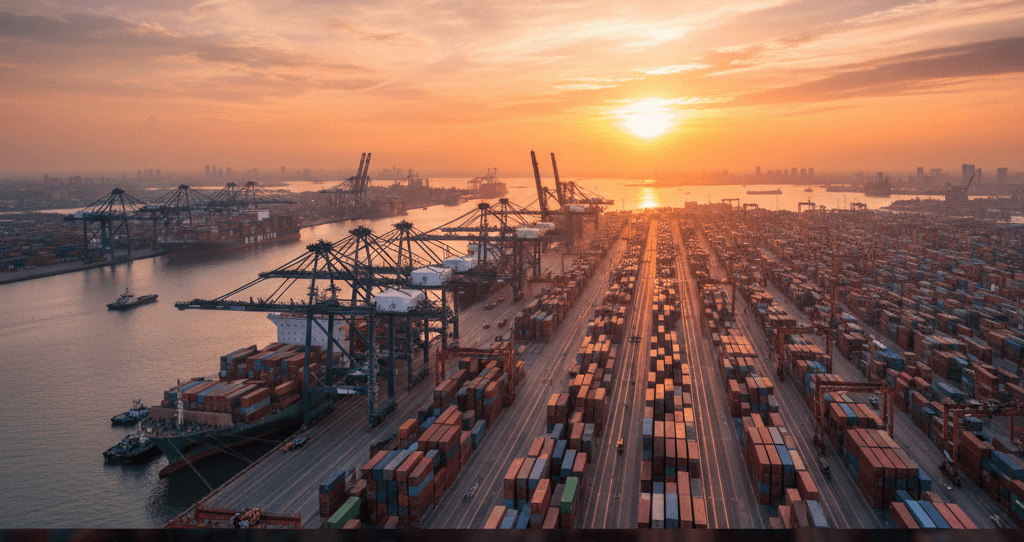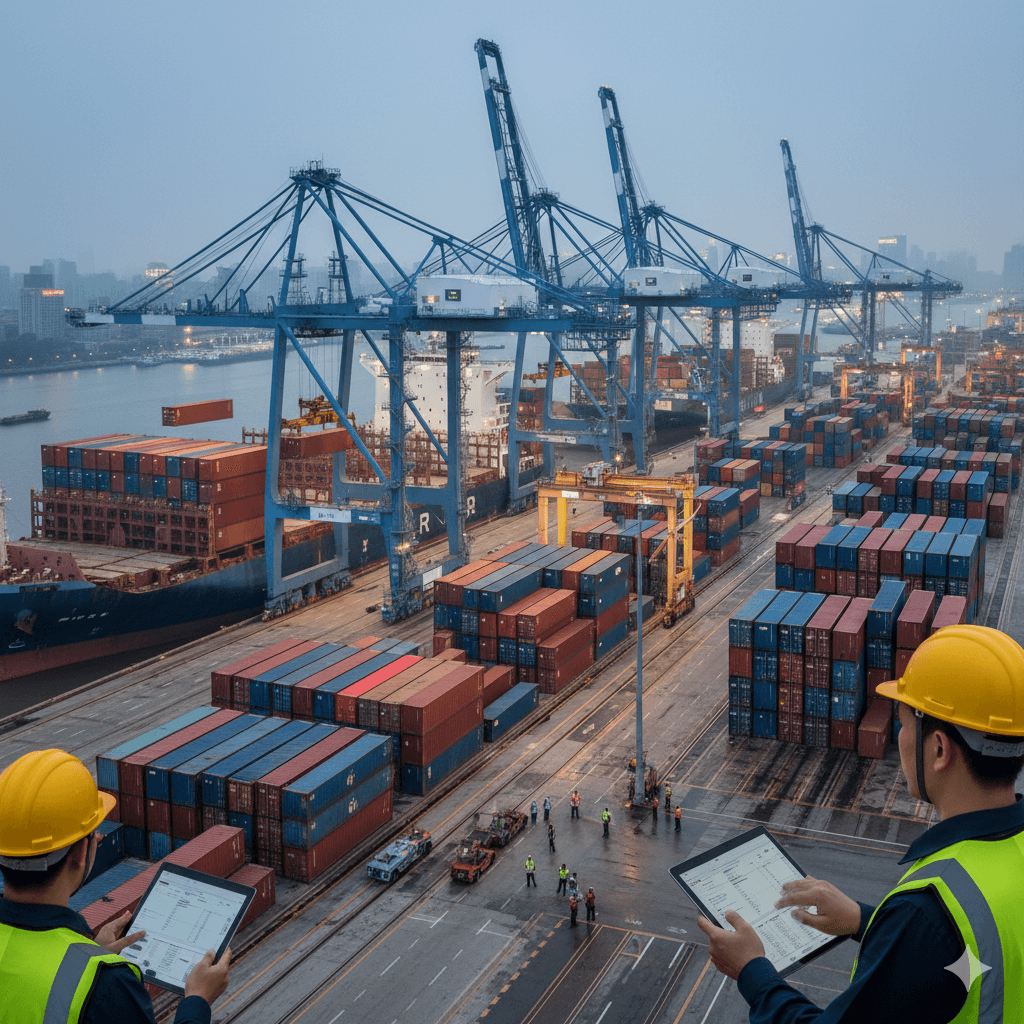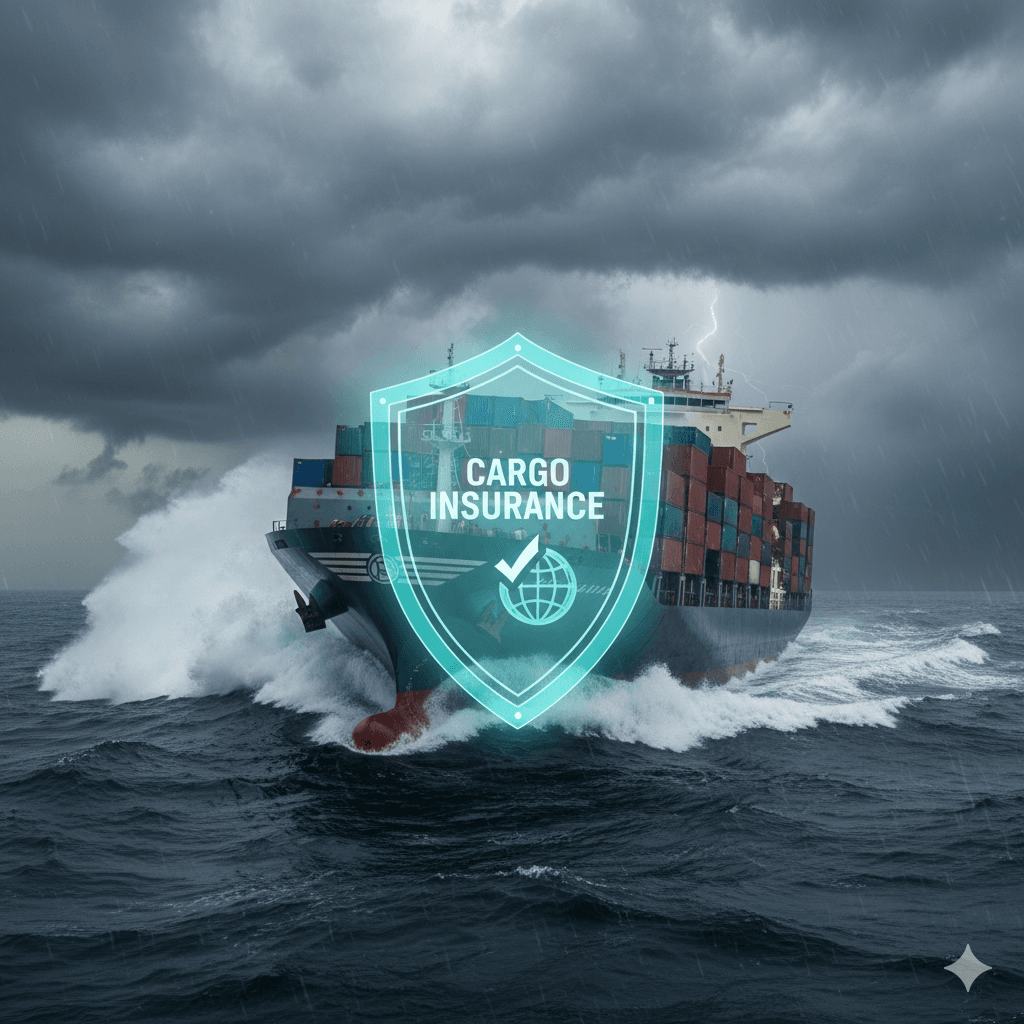
How to Hire a Freight Forwarder in China: A Step-by-Step Guide for 2025
Why Hiring the Right Freight Forwarder in China Matters
China is the world’s manufacturing hub, exporting millions of tons of goods every month. Whether you’re ordering bulk textiles, electronics, or machinery, a freight forwarder acts as your logistics partner handling documentation, shipping coordination, customs, and end-to-end delivery. Without the right forwarder, even simple shipments can quickly become complex and costly.

Step 1: Define Your Shipping Needs Clearly
Before hiring a freight forwarder, outline your requirements.
- Type of goods (general, fragile, perishable, hazardous, oversized, etc.)
- Movement volume – occasional or regular shipments
- Delivery mode (air, ocean, rail, or intermodal)
- Destination requirements and delivery deadlines
Your business size and frequency decide the type of forwarder you need a local provider for focused trade, or a global logistics firm for complex exports.

Step 2: Verify Their Credentials and Licensing
Under Chinese law, a legitimate forwarder must be licensed by the Ministry of Transport and, ideally, hold an NVOCC (Non-Vessel Operating Common Carrier) license.
Ask for:
- AEO Certification (Authorized Economic Operator) for faster customs handling
- ISO 9001/14001 Certification proving quality and environmental compliance
- NVOCC Registered Certification for handling bills of lading and container management.
Step 3: Review Industry Experience and Specialization
Not every forwarder suits every business. Choose one with experience in your product type and shipping lane.
For example
- E-commerce or electronics: Experience with Shenzhen routes and customs clearance.
- Textiles: Familiarity with Ningbo and Guangzhou.
- Industrial goods: Proficiency in bulk or project cargo handling in Tianjin or Qingdao.
- Cold chain or Pharma: Temperature-controlled containers and specialized permits

Step 4: Evaluate Network Strength and Partnerships
The best freight forwarders in China maintain global agent networks and partnerships with airlines, ocean carriers, and customs brokers. This ensures flexibility, faster space bookings, smoother customs interactions, and better freight rates.
Prefer forwarders affiliated with reputable international logistics networks like Conqueror Network or The Cooperative Logistics Network for reliability and accountability.
Step 5: Assess Technology, Tracking, and Communication
A good Chinese freight forwarder will have digital logistics solutions:
- Online booking portals for rate comparison and scheduling
- Automatic tracking for real-time shipment updates
- Instant communication channels with multi-language support
Transparency in updates and responsive communication can prevent scheduling issues and costly delays

Step 6: Discuss Pricing and Hidden Costs
When requesting quotes, look beyond the face value. Confirm what’s included handling fees, port charges, fuel surcharges, and customs duties. Reliable forwarders should provide a clear cost breakdown, including:
- Freight cost
- Customs clearance fees
- Inland transportation (trucking/rail)
- Insurance coverage
Avoid forwarders unwilling to disclose line-item billing since transparency is key to long-term partnerships.
Step 7: Ensure Comprehensive Cargo Insurance
Shipping across continents involves risks. Choose a freight forwarder offering comprehensive insurance covering loss, damage, or delays. Ask about policy options like All-Risk Coverage and Warehouse-to-Warehouse Protection.
Insurance adds minimal cost compared to potential losses from mishandling or natural disasters.

Step 8: Request References and Case Studies
Finally, check client testimonials and request references from companies that have shipped similar goods through your target routes. Case studies demonstrate experience in complex projects, especially for time-sensitive or regulated shipments.
A reliable freight forwarder should confidently share references showcasing export successes and long-term client satisfaction.
Why Partner with Sea Sky Cargo for China Shipments?
Sea Sky Cargo Service partners with trusted Chinese freight networks and forwarders across Shanghai, Shenzhen, Ningbo, and Guangzhou.
We ensure:
- Transparent pricing
- Customs compliance
- Global freight visibility
- Timely, risk-free deliveries
Whether you’re importing from China or exporting to international markets, our experts simplify each step from booking to delivery.
Conclusion
Hiring a freight forwarder in China is about finding expertise, transparency, and strong partnerships. By focusing on credentials, communication, and trusted networks, you can ensure efficiency, savings, and peace of mind in your logistics journey.
